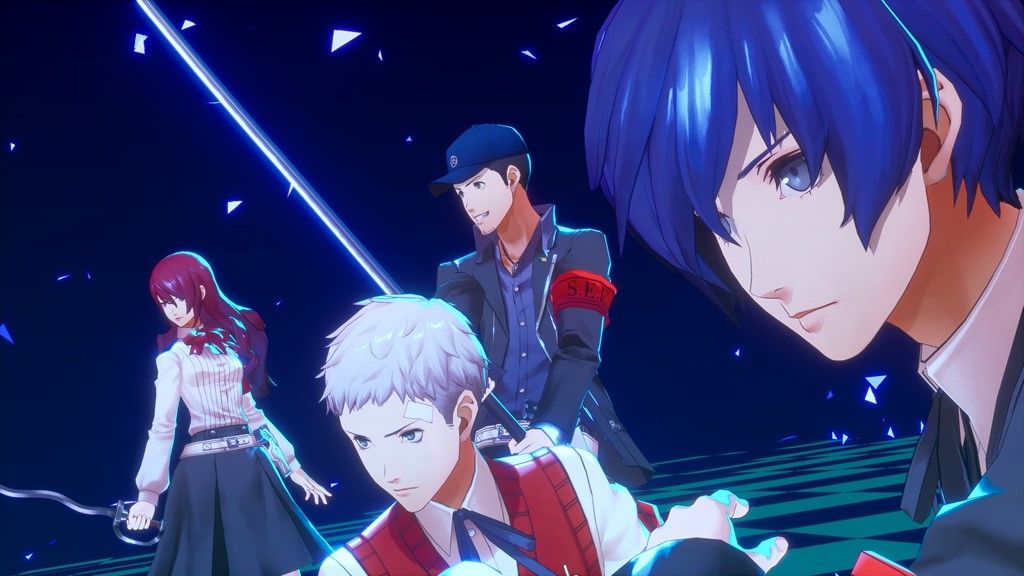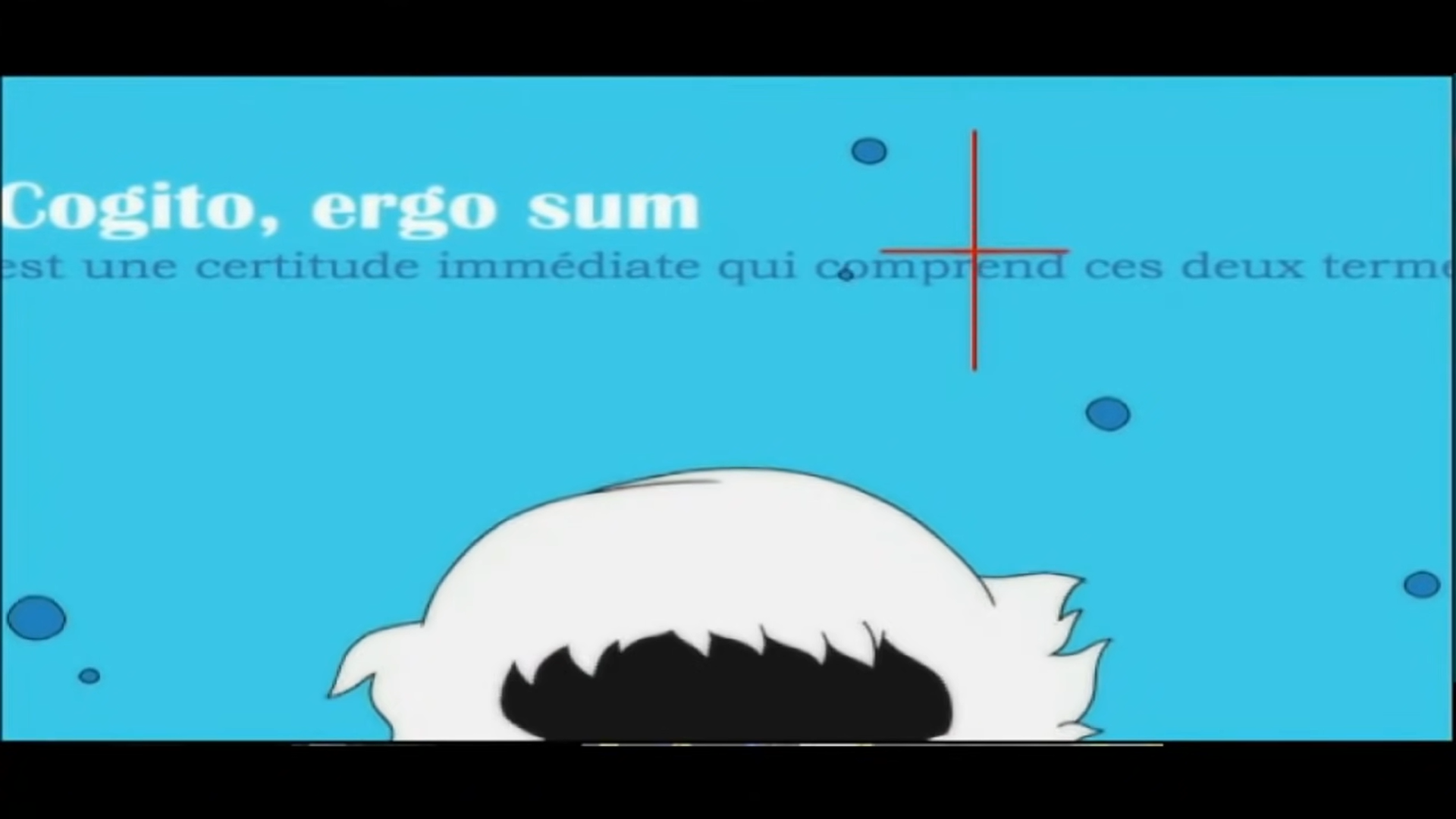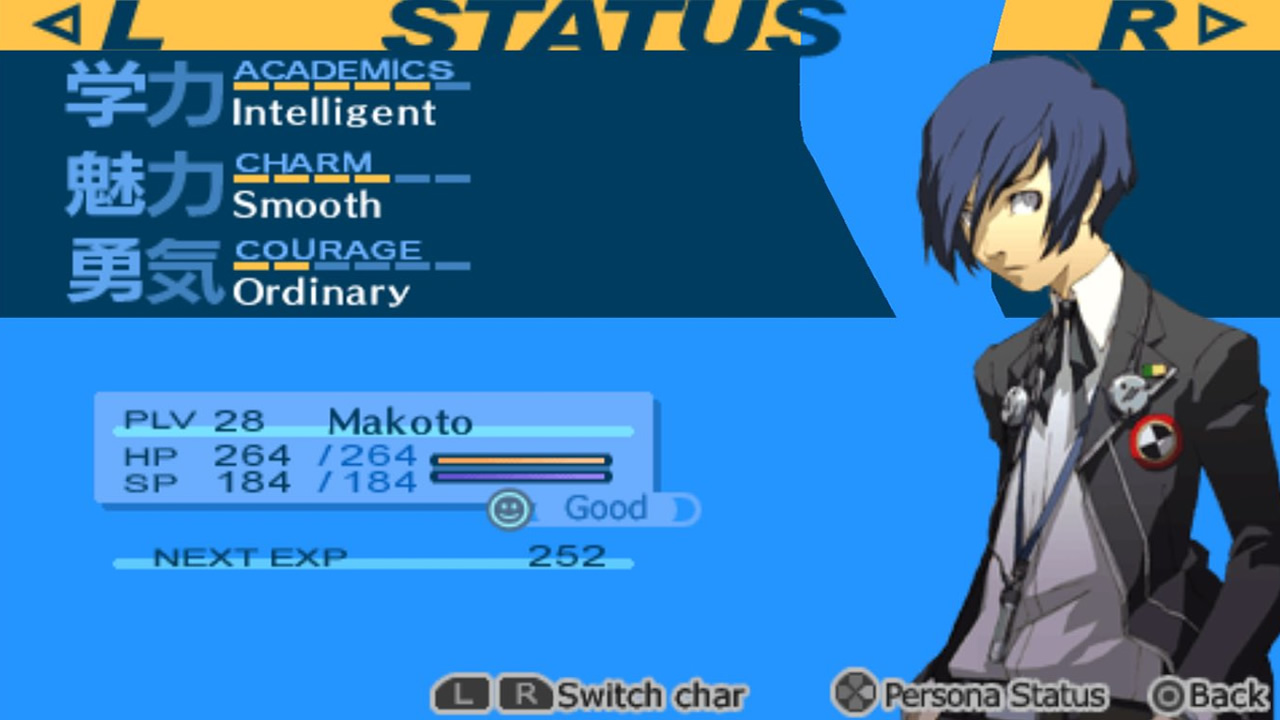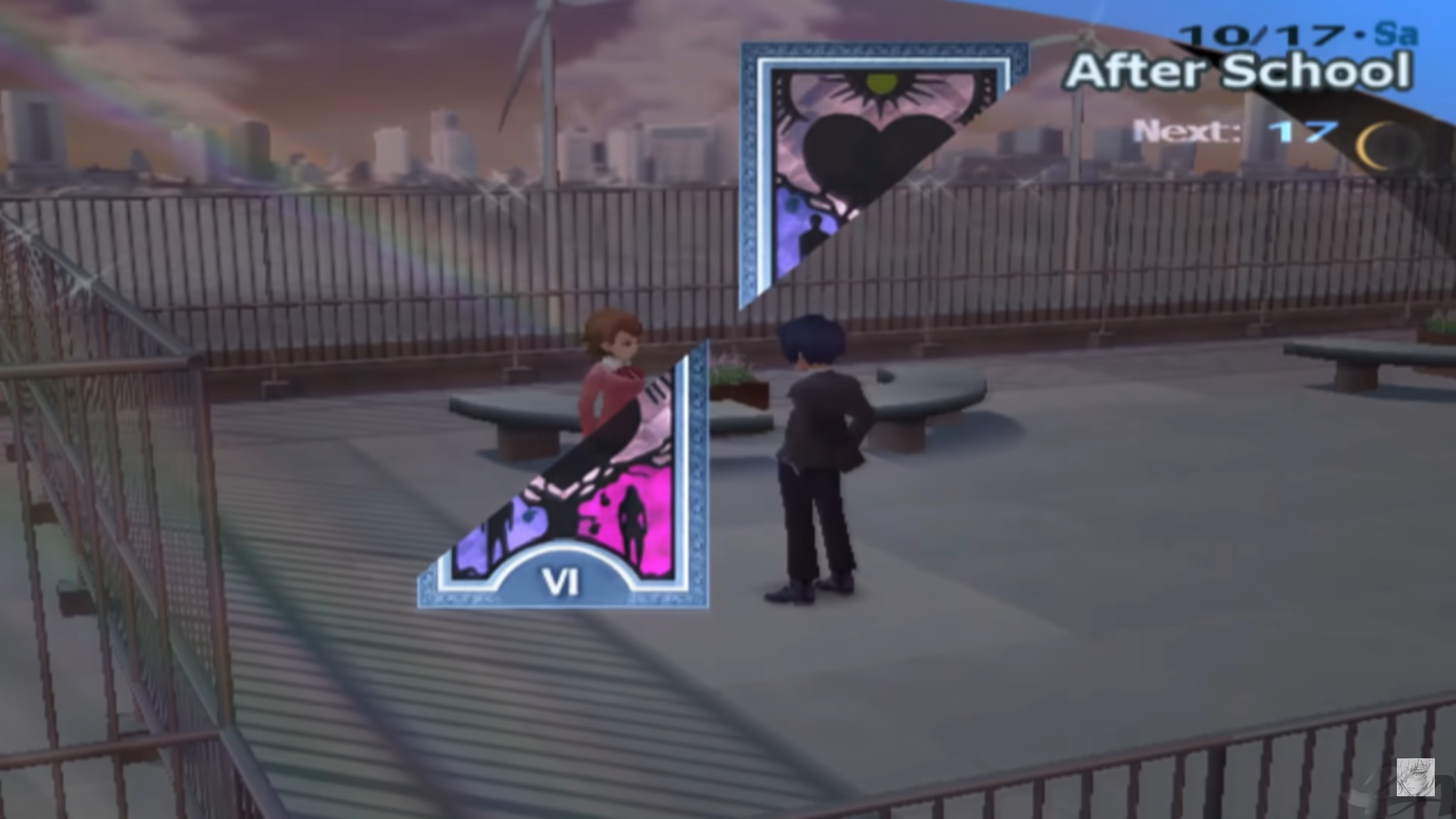Persona 3 Excels in Time Management and Mortality
A grand experiment in realism

ATLUS has become a household name in the gaming industry over the last few years thanks in large part to the breakout success of Persona 5. Persona as a franchise is an off-shoot of the fabled Shin Megami Tensei series but has largely ascended into its own franchise.
This journey to stardom began with the release of Persona 3 on the PlayStation 2, which became a cult classic among RPG enthusiasts. This game created the foundation of what would make the modern Persona games so interesting; by combining elements of social simulation with dungeon-crawling, ATLUS was able to create a unique flavour of RPG that has stood the test of time.
It is in Persona 3 that we see this marriage between time management and RPG mixed with storytelling to produce a truly unique RPG that remains impactful even decades on, in spite of its successors iterating and refining upon these foundations.

Freedom in realism
From the visually elaborate opening cutscene, it’s clear that Persona 3 deals with themes relating to death. The phrase “Memento Mori” accompanied with definitions of the phrase are present throughout and immediately signals players that despite the general youth of the game’s cast, death will be prominent throughout. Other philosophical phrases are also used to prime players for a game that will deal with quite existential questions.
With this in mind, the inclusion of time limits within the game that somewhat force player progression becomes far more poignant. During the main portion of the game, players are given a large amount of freedom to engage in various activities at their relative leisure.
These activities range from the mundanity of studying, working in a part-time job, or taking part in school club activities. Before later games introduced features to show you what other players were doing to help you decide, Persona 3 essentially lets you spend your limited time as you wish.

On the first playthrough, this presents a unique challenge that lies entirely in the hands of the player. While the game might throw various types of combat challenges at you against otherworldly beasts, arguably the most engaging and interesting challenges of the game emerge when trying to work out whether you want to spend time studying or helping an elderly couple in a bookshop.
Each of these actions offers various benefits to the player so there’s no real wrong answer to the question of what to do. In this way, ATLUS has constructed a broad world to explore in only a limited scope and truly captures the difficulties of being a young adult with so many opportunities.
In a similar vein, Persona 3 also explores the interplay between the combat of Tartarus and the real lives of S.E.E.S (Specialized Extracurricular Execution Squad) in the most engaging way out of the modern Persona trilogy, if at the cost of player convenience. In later Persona games, your ragtag team is always at the beck and call of your main character. No matter what the rest of Persona 5's Phantom Thieves might be doing in their lives, they can (and actively want to) drop all other plans to either hang out with you or go back into the metaverse to finish the current mission. For the sake of minute-to-minute gameplay, it would be hugely irritating for your go-to party member to be missing for a day because they have other commitments.
On the other hand, Persona characters (and especially the main cast of each game) are renowned for having rich personal stories that develop alongside the player. It adds a significant amount when we know that our party members are far more than just tools for us to use as we see fit. Just as we have our routines, our party members should also have their own activities that we slot into.

Persona 3 explores this sense of realism. There are periods of the game where certain party members are just busy and unavailable to go into Tartarus. This presents an obstacle to players, who will be forced to use another (potentially significantly weaker) character, and also helps to sell the idea that everybody has their own stuff going on.
This even plays out in how characters can become too exhausted to go back night after night; these small inclusions are important in establishing a sense of realism to the time management aspect of the game.
The cost of social connection
Beyond this interplay, the social aspects of Persona 3 tie intrinsically into the narrative themes. For the average player on their first playthrough of the game, it will be close to impossible to complete every social link and see all the interactions you can. Consequently, it falls to the player to decide who they actually want to spend time with rather than methodically working through every social link. Players are similarly punished for ignoring a character, with the implementation of reverse social links.

Persona 3 presents a far more layered and nuanced system of careful management that makes later entries feel far more shallow, if more approachable for newcomers. Confidants in Persona 5 are effectively timewasters once you finish their storylines, with no obligation to spend time with them after completing them. The same isn’t true for Persona 3, which again adds to this strong sense of realism. Naturally, ignoring people for weeks on end would probably have a negative impact on your friendship in some cases.
These stricter rules make for an experience that requires far more thought than later entries would give players and it’s a shame that it was never refined. Persona 3 is by no means a flawless social simulator, but the ideas pushed are ambitious and were unfortunately watered down in subsequent entries for the sake of approachability. And while it would be silly to say that accessibility is ever a bad thing, it’s a shame this isn’t tied to a difficulty setting, as with the difficulty of the battle system.

Persona 3’s thematic exploration of death only serves to massively bolster the significance of time management within minute-to-minute gameplay. More so than other RPGs that I have experienced - even in the broader Shin Megami Tensei franchise – this game fully recognises and immerses a player in an experience that is truly their own.
While some might find frustration in the inability to “complete” the game on a first playthrough without assistance, Persona 3 is a genius exploration of how important it is to appreciate the time we have. It leads us to acknowledge that not every road is one that we’ll be able to travel in our limited time here.
Persona reloaded
Persona 3’s comfort in talking about ideas of death and mortality is part of what makes it so impactful when there are unchangeable events and deaths throughout. And it is precisely this comfort in tackling these ideas that make inclusions like The Answer a real disappointment to me.

Running back on these commitments to its themes leads to an overall unsatisfying narrative in my mind, and so I hope we see Persona 3 Reload capitalise on the foundation set out by the original game. Not many RPGs have managed to navigate the murky waters of mortality without becoming too bleak, so Persona 3 stands as an important hallmark.
I look forward to seeing what Persona 3 Reload brings to a game with such an important story to tell.
